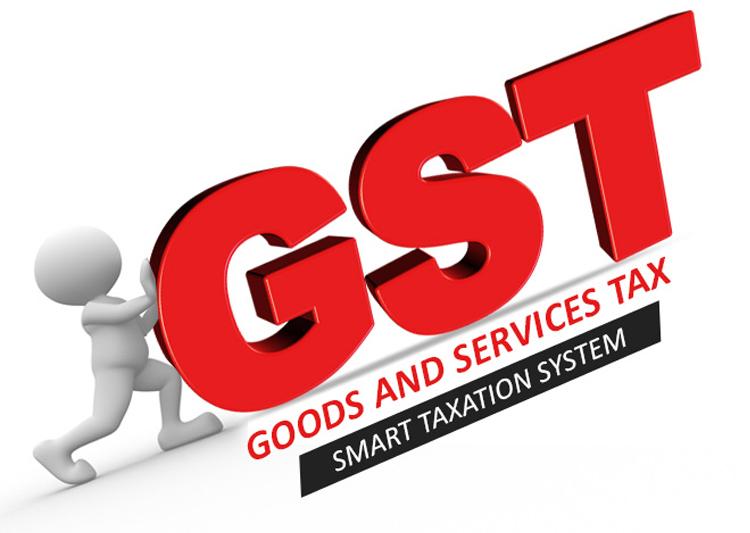The Goods Services Tax (GST) is one of the most significant indirect tax reforms in India. Implemented on July 1, 2017, it aims to streamline taxation and boost the economy. This new tax regime has five slabs – 0%, 5%, 12%, 18%, and 28%.
While GST has several noteworthy benefits, it also comes with a few disadvantages. Let’s explore both sides of the coin.
Merits of GST
- Elimination of cascading tax effect: One of the main objectives of GST was to resolve the cascading tax effect – the tax on tax phenomenon – prevalent in the previous system. It achieves this by levying tax only on the overall value addition rather than at every stage. This reduces the final tax burden.
- Higher threshold for registration: The GST framework has enhanced the threshold limit for registration to Rs. 20 lakh, leaving numerous small businesses and service providers outside the tax net. This benefits small traders as it lowers tax liabilities and provides an even footing against large firms.
- Composition scheme introduced: The composition scheme under GST offers significant compliance and tax relief to small taxpayers with an annual turnover between Rs. 20-75 lakh. It enables them to pay GST at a nominal rate without detailed record keeping.
- Digitisation for simplified process: GST envisaged a tech-driven landscape for taxation. Right from registration to filing returns, everything happens online, ensuring efficiency, transparency and plugging revenue leakage avenues, including tax evasion and corruption.
- Fewer compliances: The reduction in periodic compliance requirements compared to VAT and service taxes previously has eased the documentation burden for businesses of all sizes. It has also made the overall tax framework unambiguous and more comprehensible for the average taxpayer.
Demerits of GST
- Increased costs: Goods and services taxed at higher rates can witness a price rise, inflating overall costs. This may compel firms to transfer the additional burden to end consumers by increasing retail prices across segments.
- Automation expenses: Small and medium players also known as SMEs incur sizable expenses to automate operations and comply with e-filing norms. Purchases of software, hardware upgrades and staff training are unavoidable for adapting their business processes to comply with the new system.
- Complex compliances: The multiple registrations mandated for distinct business verticals open the door for compliance complexities. Seeking expert help becomes critical for comprehending new provisions, leading to increased costs.
GST interest calculator
A GST interest calculator helps ascertain interest and penalties for late return filing based on business location, revenue slab and delays. The calculation is based on the state of business registration, turnover category, and the period of delay in filing the return. It uses an 18% annual interest rate for belated GST dues and 24% for excess Input Tax Credit or ITC claims.
Additionally, late fees apply as per specific deadlines missed since the due date. Availing this tool on time enables prudent decision making, enabling businesses to avoid penalties and ensure timely compliance.
GST has represented a positive systemic shift creating long-term gains for economic growth. However, teething troubles and evolving complexities have posed hardships for companies struggling with the transition.
Calculators that provide clarity on applicable financial implications help organisations stay compliant. Overall, the good service tax regime offers appreciable improvements despite a few hiccups. Addressing genuine taxpayer concerns and stabilising procedures further can cement GST’s standing.
